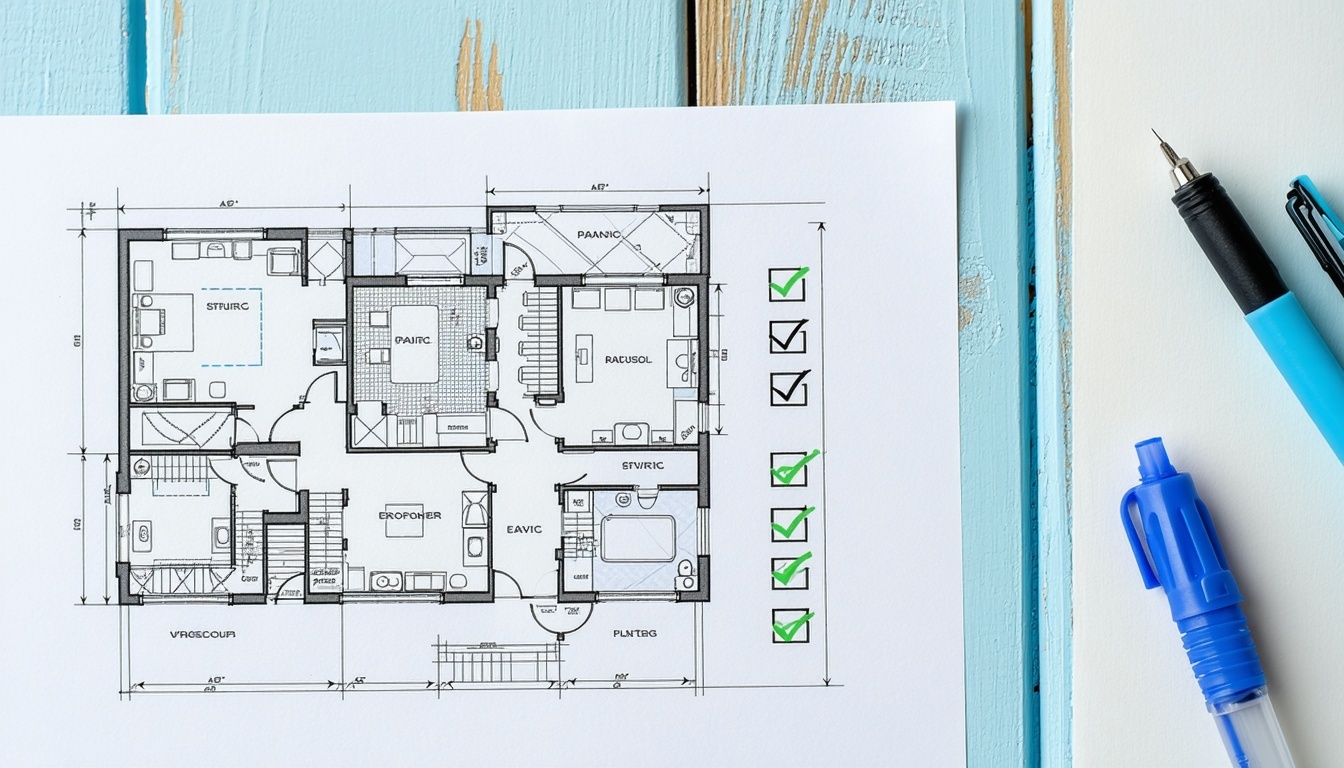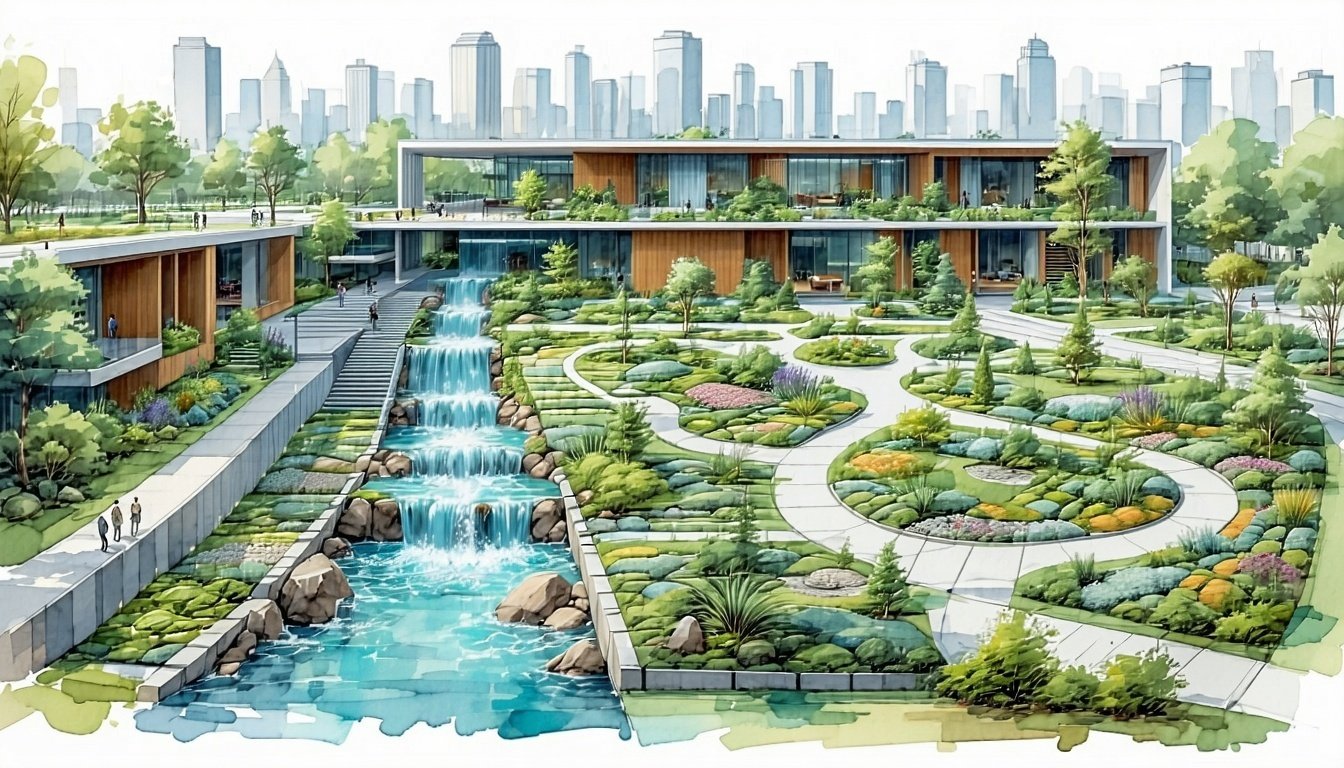Understanding the critical role of Sustainable Design Assessments (SDA) and Sustainability Management Plans (SMP) in achieving planning approval for construction projects.
For detailed guidance on preparing your reports, please visit our dedicated SDA and SMP service page. There, you will find comprehensive resources, practical templates and professional insights to help you meet council requirements and deliver sustainable outcomes for your next project.
The Role of SDA and SMP Reports in Planning Approval
In Victoria's planning and development landscape, Sustainable Design Assessments (SDA) and Sustainability Management Plans (SMP) play a pivotal role. These reports are essential tools that help ensure new developments meet stringent environmental sustainability standards. SDAs are typically required for smaller residential projects involving 2 to 9 dwellings, while SMPs are mandated for larger, more complex developments, including those with 10 or more dwellings, mixed-use facilities, or commercial buildings.
The primary purpose of these reports is to demonstrate how a proposed development will achieve Environmentally Sustainable Development (ESD) outcomes. Through comprehensive assessments, SDAs and SMPs address critical sustainability categories, ensuring that projects not only comply with local regulations but also contribute positively to the environment. By integrating sustainable practices from the outset, developers can mitigate environmental impact and promote long-term ecological balance.
Why Local Councils Require SDA and SMP Reports
Local councils in Victoria mandate SDA and SMP reports as part of their commitment to fostering sustainable urban development. These requirements are rooted in the broader objective of minimising the environmental footprint of new constructions and enhancing the quality of life for residents. By scrutinising key sustainability metrics, councils can ensure that new developments align with local and state-wide environmental policies.
Requiring these reports helps councils maintain consistency in sustainable practices across various projects. It also provides a clear framework for developers to follow, reducing the likelihood of non-compliance and ensuring that sustainability is considered throughout the planning and construction process. Ultimately, these reports support the councils' goals of promoting energy efficiency, reducing waste, conserving water, and enhancing urban ecology.
Key Categories Assessed in SDA and SMP Reports
SDA and SMP reports evaluate several critical categories to ensure comprehensive sustainability. These categories include:
1. **Energy Efficiency:** Assessments focus on reducing energy consumption through efficient design, insulation, and the use of renewable energy sources. This category is crucial for lowering greenhouse gas emissions and operational costs.
2. **Indoor Environment Quality:** This involves ensuring adequate natural light, ventilation, and the use of non-toxic materials, contributing to healthier living and working environments.
3. **Water Conservation:** Reports examine strategies for reducing water usage, such as rainwater harvesting, efficient fixtures, and landscaping that requires minimal irrigation.
4. **Transport:** This category looks at improving access to public transport, cycling, and walking paths to reduce dependency on cars and lower transportation-related emissions.
5. **Waste Management:** Effective waste management plans are essential for minimising construction waste and promoting recycling and reuse of materials.
6. **Urban Ecology:** Enhancing urban biodiversity through green spaces, native plantings, and habitat creation is vital for supporting local ecosystems.
Each of these categories contributes to the overarching goal of sustainable development by addressing both immediate and long-term environmental impacts.
Common Challenges in Meeting SDA and SMP Requirements
Meeting the rigorous standards set by SDA and SMP requirements can be challenging for developers, architects, and project managers. Common hurdles include:
1. **Complex Regulations:** Navigating the intricate regulatory landscape can be daunting, especially for those unfamiliar with local sustainability requirements.
2. **Resource Constraints:** Smaller projects may struggle with the resources needed to conduct comprehensive assessments and implement required sustainability measures.
3. **Technical Expertise:** Lack of in-house expertise in sustainable design and construction can hinder the development of effective SDA and SMP reports.
4. **Time Pressures:** Tight project timelines often leave little room for the detailed analysis and planning required to meet sustainability standards.
Despite these challenges, achieving compliance is crucial for securing planning approvals and ensuring that developments contribute positively to environmental sustainability.
Expert Support for Seamless Planning Approvals
Certified Energy offers expert support to help developers, architects, and project managers navigate the complexities of SDA and SMP requirements. Our team of sustainability consultants provides tailored advice and professionally prepared reports that meet council standards and facilitate smooth planning approvals.
With a commitment to fast turnaround times and comprehensive documentation, Certified Energy ensures that your project not only meets but exceeds ESD benchmarks. Our expertise in using tools like the Built Environment Sustainability Scorecard (BESS) ensures accurate and reliable assessments, giving you the confidence to proceed with your development plans.
Contact Certified Energy today for tailored advice and council-ready SDA or SMP reports that will help you achieve your sustainability goals and secure planning approvals with ease. Let us be your partner in promoting sustainable development and making a positive impact on the environment.







